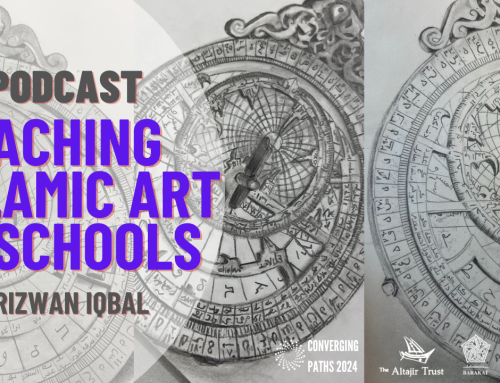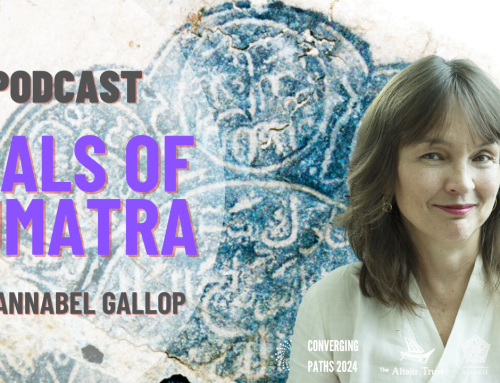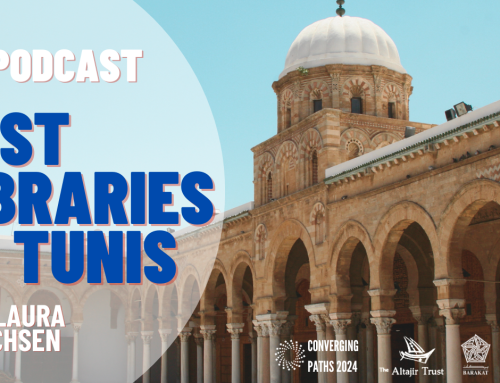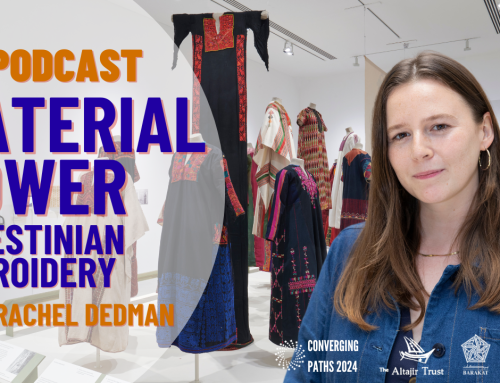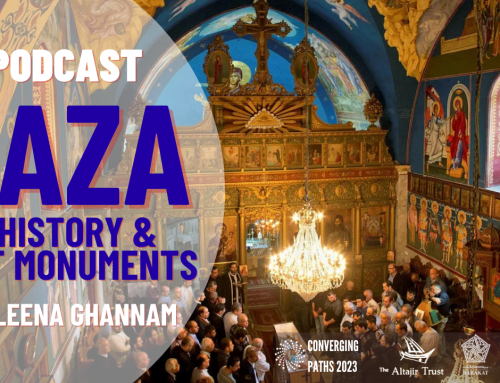Robert Carter, Professor of Arabian and Middle Eastern Archaeology at University College London, takes us through 7,000 years of the pearl trade in the Gulf and India, and how it shaped the global economy across time.
Robert Carter is Professor of Arabian and Middle Eastern Archaeology, and Graduate Tutor at UCL Qatar. He coordinates the Archaeology of the Arab and Islamic World MA, and lectures on the archaeology of the region from the Palaeolithic era to the coming of Islam.
His main research concerns the origins of the Gulf towns, and his chief research project is the Origins of Doha and Qatar, a multidisciplinary project that combines archaeology, historical research, GIS and oral histories to explore the development of Doha.
His second major research project, the Shahrizor Prehistory Project, examines settlement and complexity in northern Iraq in the 5th-6th millennia BC (Ubaid Period). Professor’s Carter’s other research includes Neolithic seafaring in the Gulf (5th-6th millennia BC); the formative role played by the pearl fishery in the shaping of the Gulf countries; and medieval urbanism and maritime trade in the Gulf.
He is also heavily involved in the Muharraq Pearling Path Project in Bahrain, and currently working on different museums that tell the story of pearls and pearling.
Professor Carter holds a PhD in Bronze Age Eastern Arabia and an MA from the UCL Institute of Archaeology, London. Since 1993 he has conducted fieldwork, artefact studies and consultancy in many parts of the Gulf, including Qatar, Kuwait, Bahrain, Saudi Arabia, Abu Dhabi, Sharjah, Ras al-Khaimah, Fujairah, as well as in Iran.
This podcast is part of Converging Paths and Arts In Isolation, a partnership with Asia House, kindly supported by the Altajir Trust, and the Aga Khan Trust for Culture’s Education Programme.


